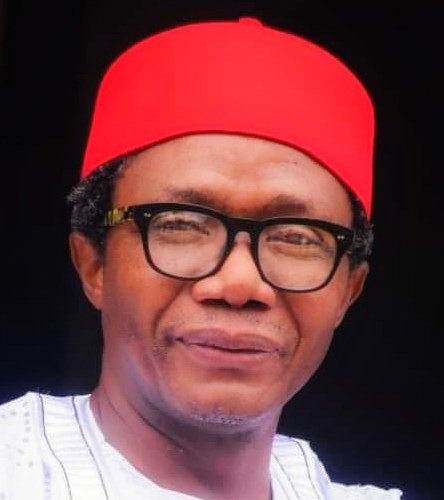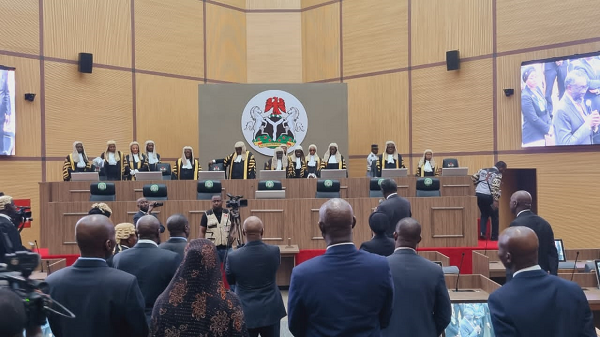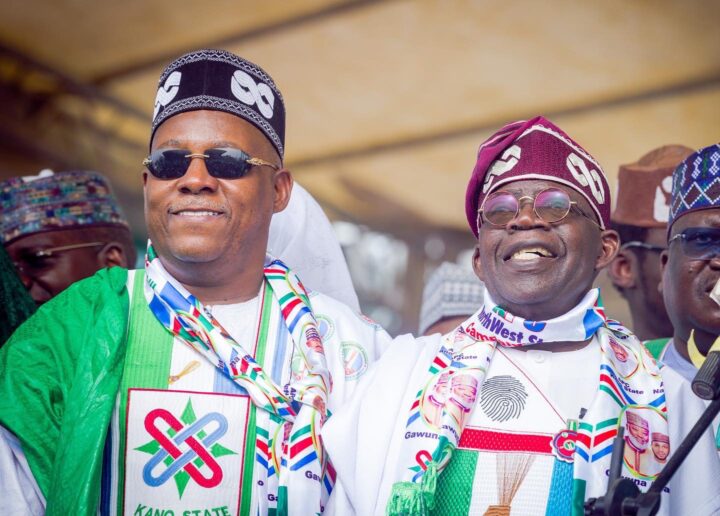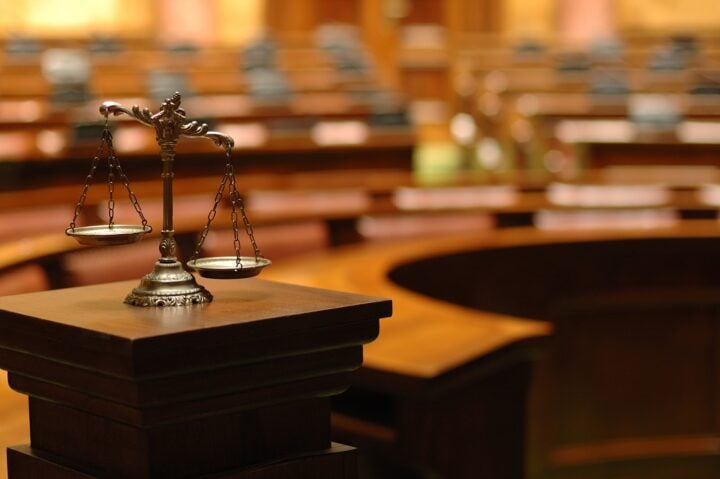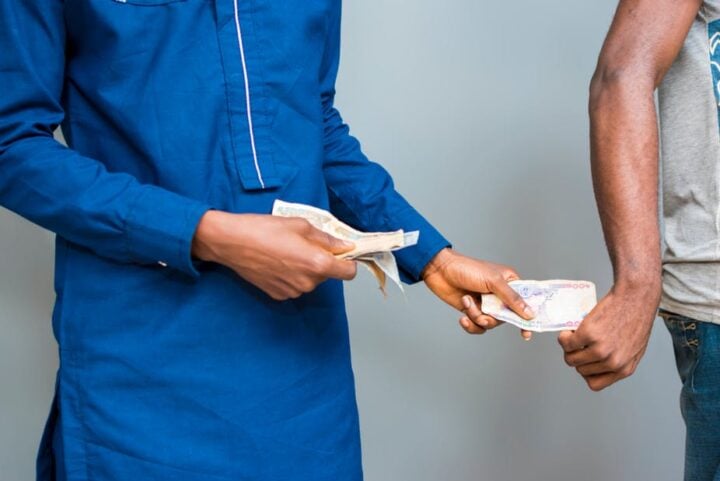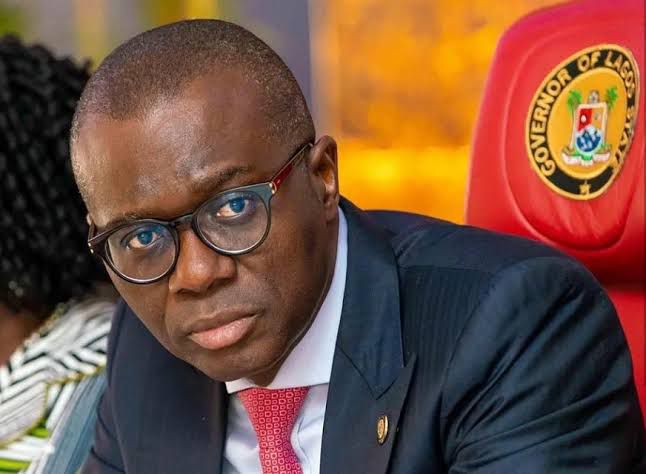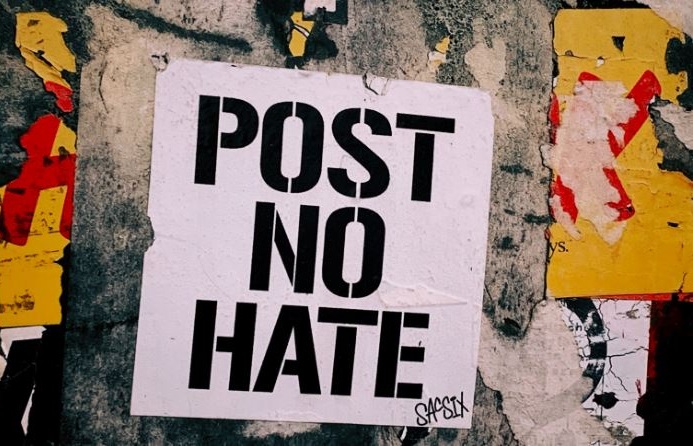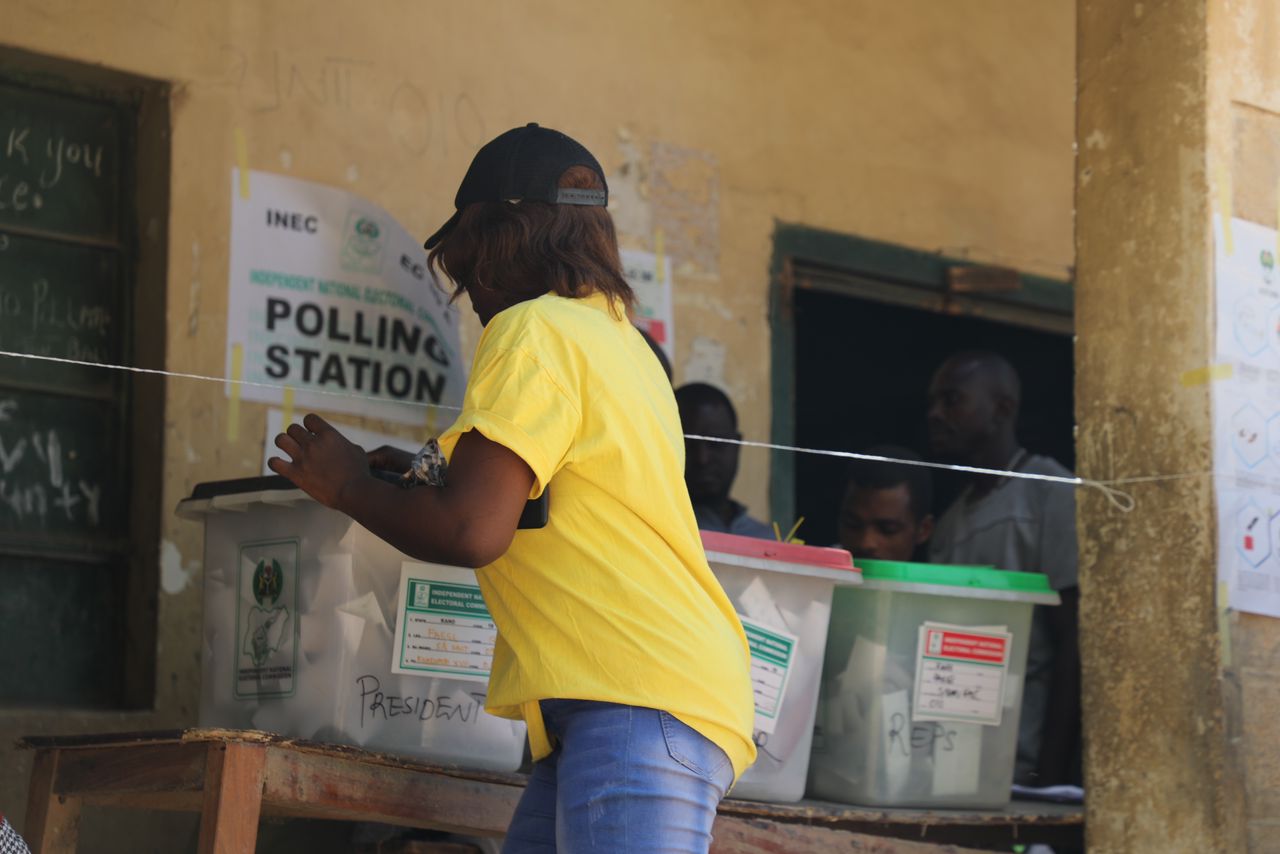Since the return of Nigeria to the current democratic dispensation, the judiciary has increasingly made incursions in determining electoral victories and outcomes. In many cases, their judgments are based on technicalities, like the case of Senator Ademola Adeleke in 2019, in which a judge failed to do the needful and Adeleke lost as a result. Each time such judgment is handed down, it rapes democracy by usurping the democratic rights of the citizens to directly choose who governs them. It is a sort of civilian coup.
Many may claim this to be a global practice, but the Nigerian experience is quite an exception. For example, election ligations have been adjudged by records and informed sources as the highest in the world. The implication is simple: more often than not, the Nigerian judiciary now tends to decide who the leaders should be and not the Nigerian electorate. It is an aberration.
The overreliance and resorting to the judiciary even for the most frivolous and ridiculous election-related litigations has brought out the good, the bad, and the ugly in the Nigerian judiciary. Disciplinary cases handled by the NJC against judges for corruption and willful miscarriage of justice have been correspondingly increasing, further proof that the nation’s third arm of government has been deeply corrupted and politicised.
Looking back on the nation’s judiciary, when great jurists like Justices Chukwudifu Akunne Oputa, Udo Udoma, George Sodeinde Sowemimo, Kayode Eso, Adolphus Godwin Karibi-Whyte, Muhammadu Lawal Uwais, Walter Onnoghen, Niki Tobi, Mary Odili, to mention a few, graced the bench, what obtains today cannot but be seen as disappointingly appalling. It was Oputa who defined the Supreme Court indisputably when he said: “Supreme Court is final not because it is infallible; it is infallible because it is final”. This is a deep philosophical declaration that conveys the ultimate burden borne by a judge and a corruptible judge worse than an armed, rapist and murderer combined.
Advertisement
But since the days of Oputa, the third arm has shrunk in public estimation and perception in our clime, and for good reasons. The confidence enjoyed by the judiciary as the last hope of the common man has greatly waned through the vicissitudes visited on it and for the many injuries, the arm has inflicted itself. The heads of the arm have of late openly complained about corruption in the judiciary on auspicious occasions.
One recalls an insightful statement by a justice of the Supreme Court His Lordship Justice Niki Tobi of blessed memory: “We (i.e. judges) have no friends among you”. This eternal statement by Justice Tobi is both an admonition and assurance of the neutrality of the judiciary as an umpire.
But several cases have called into question this presumed neutrality of the judiciary, without which justice may be impossible to obtain due to the likelihood of bias. One classic example is the Supreme Court judgment that declared Senator Hope Uzodinma the governor of the Imo state – he was inexplicably catapulted from fourth position to first. Nigerians rejected the curious judgment and they keep referring to Hope Uzodinma as Supreme Court governor in rebuff.
Advertisement
Since the emergence of Uzodinma as governor under what the public sees as a judiciary heist, the Imo state has not known peace. Scores have died in the attendant rising insecurity in the state and properties worth billions of naira have been destroyed as well. There have been sorrows, tears, and blood such as the sad killing of 14 youths who were returning from a traditional wedding ceremony in Awomamma in Orlu East to Otulu in Orlu West LGA. They were attacked by the members of the Ebube Agu security outfit put in place by Hope Uzodinma. The statement by DSS about this sordid killing claimed that those killed were members of ESN. But even if they were, is membership in ESN now a death sentence? Which court pronounced the same or authorised the illegal Ebube Agu outfit as executioners?
If such summary execution without trial in a case that does not even carry the death penalty, is not murder, tell me what is? Yet, till today, nobody has been called to account for the deaths. Many more have died in Imo under Uzodinma, whose name – Hope – suggests that he is a harbinger of hope.
The Hope Uzodinma example emanating from the Supreme Court judgment gone awry is typical of the kind of travesty of justice now possible in the nation’s judiciary. One can see why many worry that the presidential election, which arbitrarily awarded victory to Bola Ahmed Tinubu, may suffer a similar fate.
The Buhari-led federal government has dealt heavy blows to the judiciary. Former Supreme Court chief justice Walter Nkanu Onnoghen was forced out by an expert motion determined by Danladi Umar’s Code of Conduct Tribunal. Danladi Umar, who is not even a judge, tried and removed the Chief Justice of Nigeria and the head of the judiciary, an arm of government. That experience was an all-time low for the judiciary and how the third arm of government was brought down to its knees and made to look like a giant with feet of clay!
Advertisement
The dark forces went after the president of the Nigeria Bar Association, Paul Usoro, at that time as well, to rout and subjugate the judiciary. Even before these sorry tales, the houses of the Supreme Court judges were raided and some of the Supreme Court judges were hounded.
Before her glorious retirement, Justice Mary Odili was also raided in a separate incident. Till today, nobody has heard of the outcome of the so-called inquiry said to be instituted to unravel the reason for the raid and who authorized it. The sad tales of assault on the judiciary, part of which are self-inflicted injuries, have continued since then.
With this background and with great scepticism, the nation has turned to the same judiciary to mediate in the disputed presidential election where the umpire – INEC – abandoned the electoral act enacted by the national assembly and signed into law by the president to announce a winner without following the procedures laid down by law.
The two main opposition candidates Atiku Abubakar and Peter Obi, have both landed in the Court of Appeal, which serves as the tribunal in the presidential election. Both men lay claim to being the actual winners of the presidential poll, challenging the outcome and legality. For embracing a legal process, both men are statesmen and patriots who are now prevailing on their teeming followers to give the judiciary a chance to right the perceived wrong.
Advertisement
What this means is that the judiciary (in this stance, the Court of Appeal and the Supreme Court) is now the last bus stop and cannot afford to fail the people and the nation. If the chairman of INEC Professor Mahmood Yakubu and the commission had done their work well, the nation would not be in this impasse today. But the judiciary can save the day and ensure that justice is duly served and seems to be served. That way, ensure peace and justice. Without justice, there cannot be peace, and without peace, there cannot be security and development.
Finally, there is something in this opportunity for the third arm of government; the judiciary can use the chance to redeem its battered image and suffering credibility. The judiciary doing the needful is therefore a win-win for all and the only way to avert the imminent convulsion of the polity and possible rupture.
Advertisement
Mefor is a senior fellow of The Abuja School of Social and Political Thought. He can be reached via 09056424375 or [email protected]. He tweets @LawMefor1
Views expressed by contributors are strictly personal and not of TheCable.
Advertisement
Views expressed by contributors are strictly personal and not of TheCable.
Add a comment
